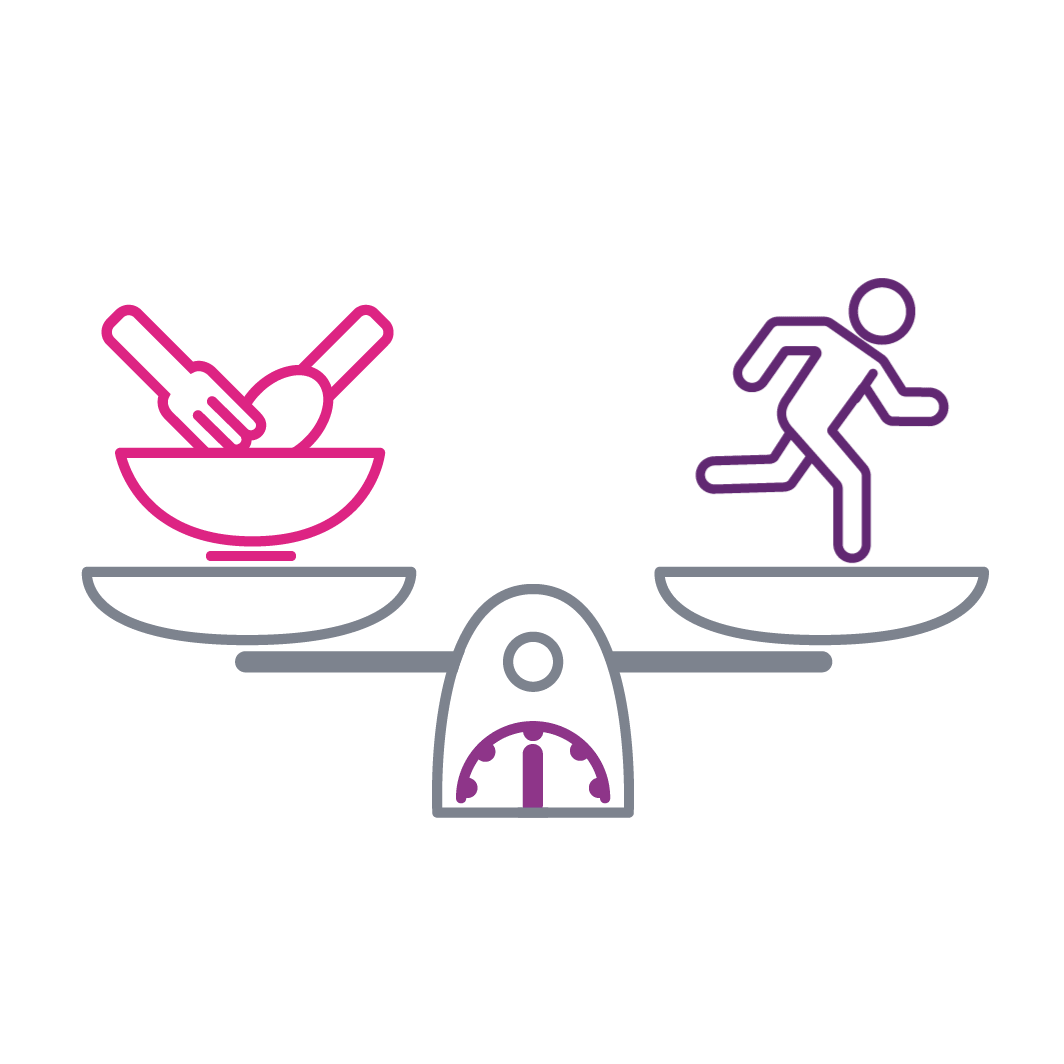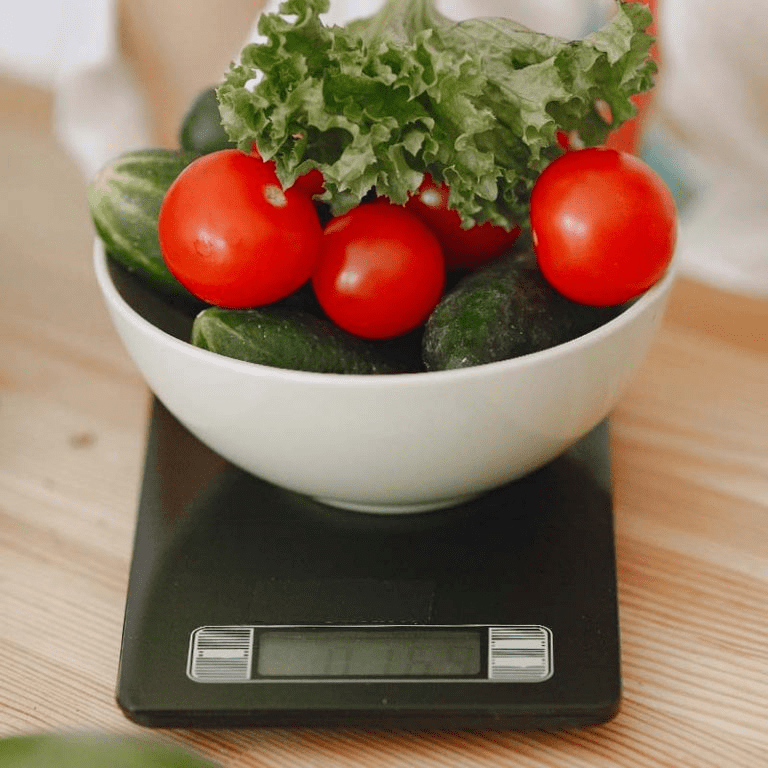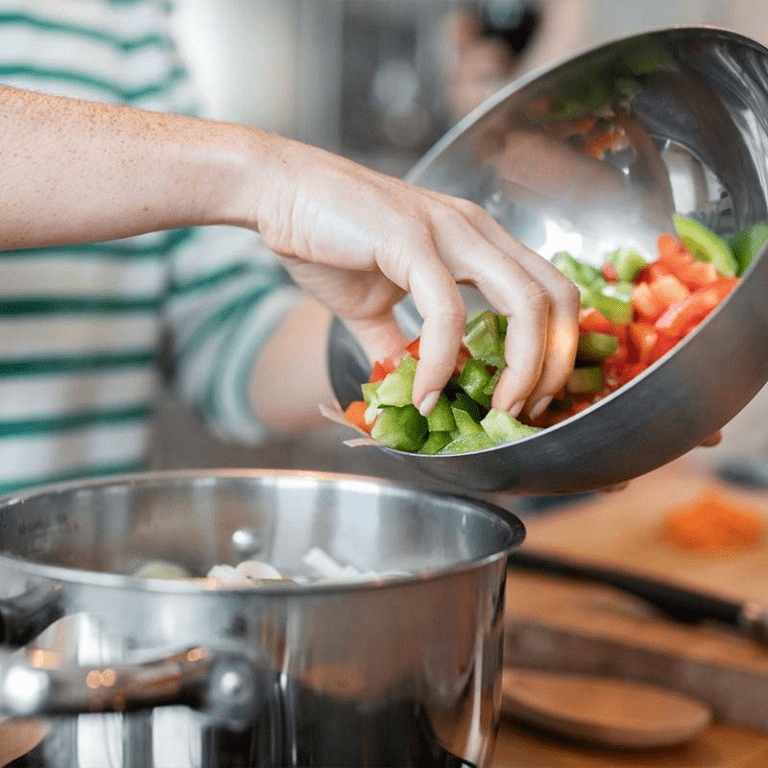

Let’s make it clear from the start: most of us here are not too concerned about metabolism, leptins and all that protein/fat/carbs balance hullabaloo. What we do care about is weight control. ‘Make Me Skinny!’ is the one thing 100% of users consciously or subconsciously demand of their fitness trackers, pulse monitors and running apps.
Well, to control your weight you have to first get one pretty simple idea: your body requires a certain number of calories to maintain your current weight. Calories are what your body needs for energy, so if you want to complete a single simple thing during your day, you have to input calories which will be then spent on accomplishing that one thing (and many thousands of others, naturally). This is just how it works.

In general, most people do not know how many calories they consume and burn each day. Perhaps you are one of those people! That is why you have probably bought one of the many fitness trackers on the market today. What do they do for you? First, they require you to manually input the calories (or offer you to scan the barcode with a mobile app) of the foods you have consumed. Then, they provide you with the number of calories you have (approximately!) burned off based on the number of steps you have made, your pulse rate, or using special calorie intake algorithms. While the second part is more or less accurate, the first one is a complete waste of time.

You and your friend may eat the very same amount of the very same meal and intake the very same number of calories, but these calories will be used differently once inside each of your bodies. Factors like your age, gender, height, weight, Body Mass Index (BMI) and level of fitness affect how calories are used within your body.
For example, a French study revealed that obese or overweight individuals absorb more calories, no matter the age. In other words, the caloric database your current fitness apps use is basically useless when it comes to building your own food philosophy—simply because they all have different effects on each and every one of us.

Again, the idea of counting the calories of the product based on a single average example is not the best. The number of calories in the sample of the product provided by the app/tracker database will most certainly always be different from the one on your table—due to production discrepancies, the quality of the ingredients and, well, your own, be it rare, miscalculations in the exact identification of the food.

You probably understand that the cheeseburger made in your local “No Name Corner Burger Shop” may still be different in terms of calories compared to the same cheeseburger made in a different “No Name Corner Burger Shop”. Now imagine what the odds are of you cooking the meal just a pinch differently from the one represented in the database! Exactly.
The temperature you cook with, the spices you use, the amount of water, all the other parameters of the cooking process—they all impact the eventual number of calories you get from your meal. Or take the ‘pasta al dente’ case: pasta that is cooked al dente (slightly undercooked) has a lower glycemic index than pasta cooked soft.

Seriously, do you carry around some kind of a pocket-size scale? How do you know the exact weight of that spaghetti plate or the boiled eggs you had for breakfast? Meanwhile, the weight of the meal is the crucial factor in calculating the intake calories number. Oh, and come on: we all try to pitch an estimate too low from time to time, even if subconsciously.

2 cups all-purpose flour, 1 cup yellow cornmeal, 3/4 cups white sugar… We are having a hard time here catching up with the cooking process, let alone summing up the calories in those components. How about you? That’s what we thought. Besides, the amount of calories shown on the packages often have little to do with the actual number of those in the meal. Do you seriously think the universal database of products knows it better?

Most of us feel that after a lengthy workout we are entitled to reward ourselves. That’s what our brain tells us: why, Jim?! You have just spent the last 40-50 mins busting your bum off, so why not enjoy this cookie? Again, a single cookie (especially a chocolate one: just a small addition of chocolate or nuts can result in a huge rise in calories), a single piece of pie can easily contain 300-400 calories. First, the database might not recognize this particular straight-outta-hell cookie. And second, will you even put this number in your fitness app? Especially after that nearly-an-hour run?

Apart from being absorbed differently for each individual, calories per se are different. Different calorie sources have various effects on, say, hunger, energy spent, hormones, and brain parts that are responsible for the food intake. The idea that a hundred calories from broccoli or sugar do the exact same thing to your body is a myth.
Of course, here we are a bit contradicting our starting point: that to lose weight you just have to limit your calorie intake. Actually, things need to become a little bit more complex now. Even though it still matters how many calories you are taking in, it also hugely matters what kind of calories you are taking in. The energy required to metabolize protein, fat and carbs is almost always different. In other words, your body spends utterly different amounts of energy to digest an ice-cream, a bottle of wine and, say, broccoli, even though they all (adjusted by weight of course) have the same amount of calories in them.

Do we need to dwell on this? You just do not put in all the meals you have consumed during the day. Even if you do, how long does it last? — a day? Two?
To sum it up. Let’s be fair and square: the calorie intake should not be based on some unified average stats and data, nor on a person’s sense of duty and commitment. They clearly don’t work.
This is why it seems more logical to base the calorie understanding on a device 100% automatic, yet attached to your body uniqueness and personal needs. And this is why we have invented the HEALBE GoBe Smart band.
Smart band uses a unique FLOW technology to track your calorie intake, body hydration, sleep and stress level as well as pulse, steps, and distance. Order yours today!
• Free shipping
• 30-days money back warranty
• 1 year guarantee
Please note that HEALBE GoBe is not responsible for any content that purports to give medical advice or advice regarding fitness training, exercise, or diet. Always seek the advice of a physician or other qualified health provider with any questions you may have regarding a medical condition and prior to starting a diet or physical fitness program.